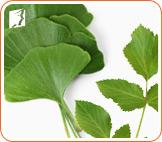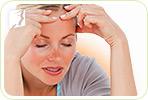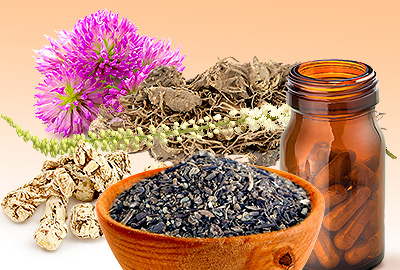
Finding the right treatment for menopause symptoms can be difficult and overwhelming at times, especially because it seems like every friend, relative, news article, and study has something to say on the efficacy of another type of treatment. A wide range of treatments exists, and they can be categorized by lifestyle changes, over-the-counter remedies, and prescription medications.
What Are the Benefits and Risks of These Menopausal Treatments?
Each treatment approach has its own pros and cons, and many women find it is helpful to use more than one type of treatment.
Lifestyle changes
Making lifestyle changes is often the most effective and low risk solution, but it can be difficult to change one's habits. Different lifestyle changes are used for different menopause symptoms
Make adjustments to reduce hot flashes and night sweats
Taking steps such as using lightweight pajamas and sheets made out of natural fibers, keeping a cold glass of water by the bed, using a handheld fan, and dressing in layers can help reduce these two menopause symptoms.
Eat a healthy, balanced diet
This includes eating five servings of fruits and vegetables a day, cutting back on junk food, getting enough lean protein and whole grains, and eating a diet rich in vitamins, nutrients, and fiber.
Talk to your friends and family
Spending time with loved ones boosts levels of oxytocin, a feel-good hormone that counteracts negative moods.

Exercise regularly
Exercise reduces stress levels and are good for the overall health. Try yoga, water aerobics, or speed walking.
Over-the-counter treatment

Herbal remedies such as black cohosh, red clover, dong quai, ginseng, kava, and evening primrose oil are used by many women to treat menopausal symptoms. The research behind the efficacy of these herbs is conflicting a best, so use them with caution. It is also important to talk to your doctor before you start taking herbal supplements, as they can interact with medicine you are already taking or an underlying medical condition.
Many women treat vaginal dryness caused by menopause by using a vaginal lubricant or moisturizer. A lubricant is not absorbed into the body and is used before sex in order to reduce friction. A moisturizer, on the other hand, is used on a regular basis and is absorbed into the vaginal in order to increase moisture in the area.
Prescription medication
The most common prescription medicine used to treat menopause symptoms is hormone replacement therapy (HRT). HRT increases the amount of estrogen in a woman's body and effectively reduces menopause symptoms such as hot flashes, night sweats, mood swings, and vaginal dryness.
However, HRT is not recommended for everyone and can increase the risk of developing certain diseases or medical conditions, so it is important to talk with your doctor about the risk and benefits in relation to your personal medical history.
Suggestions
Ultimately, women should choose the treatment plan that they feel is best for them. Talking to your doctor can help you decide how you want to treat your menopause symptoms. Click on the following link for more information about different types of menopausal treatments.
Sources
- Mayo Clinic Staff. (2015). Hormone therapy: Is it right for you? Retrieved November 19, 2015, from http://www.mayoclinic.org/diseases-conditions/menopause/in-depth/hormone-therapy/art-20046372
- The North American Menopause Society. (2015). Do Mother Nature's Treatments Help Hot Flashes? Retrieved November 19, 2015, from http://www.menopause.org/for-women/menopauseflashes/menopause-symptoms-and-treatments/natural-remedies-for-hot-flashes



